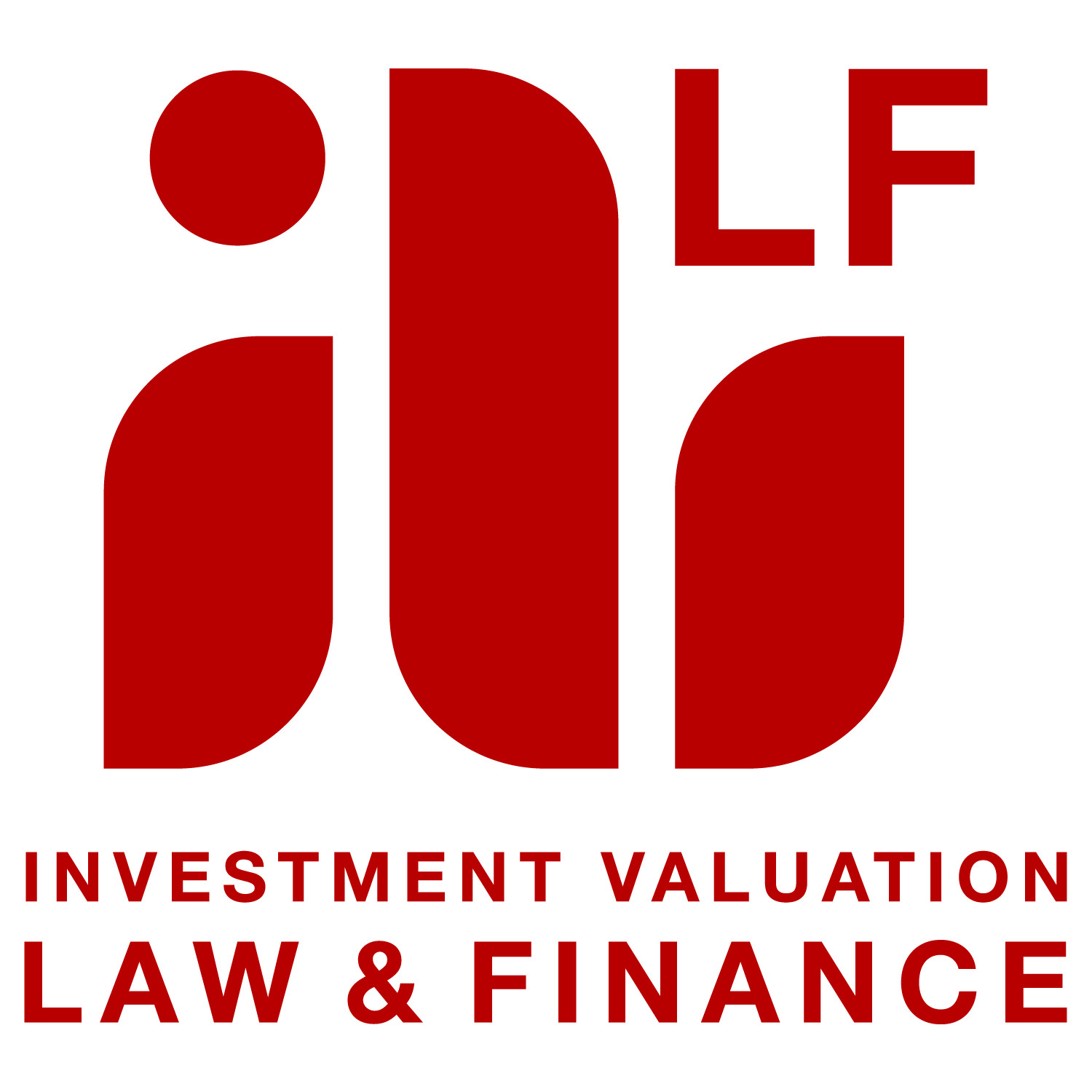Best Debt Capital Markets Lawyers in Vietnam
Share your needs with us, get contacted by law firms.
Free. Takes 2 min.
Or refine your search by selecting a city:
List of the best lawyers in Vietnam
About Debt Capital Markets Law in Vietnam
Debt Capital Markets (DCM) are a vital component of Vietnam’s growing financial sector, involving the issuance, trading, and management of debt securities such as bonds, notes, and debentures. The DCM enables corporates, financial institutions, and government entities to raise funds directly from investors. In Vietnam, the market has expanded significantly in recent years, fueled by economic growth, government reforms, and increased participation from both domestic and international investors. Legal frameworks have evolved to increase transparency, investor protection, and to align with global standards. Navigating the regulations, however, often requires careful legal guidance due to the complexity of rules and the importance of compliance.
Why You May Need a Lawyer
Legal expertise is essential when participating in Vietnam’s Debt Capital Markets for several reasons. First, structuring and issuing debt securities involve complex procedures requiring thorough documentation and regulatory approvals. Second, compliance with ongoing obligations, disclosure requirements, and tax regulations can be challenging without professional assistance. You may need a lawyer when:
- You are a corporate entity or financial institution looking to issue bonds or other debt securities in the Vietnamese market.
- You are an investor interested in purchasing or trading corporate or government bonds and need to understand the legal risks.
- You want to understand your rights or dispute resolution procedures relating to existing debt securities.
- Your business is seeking legal due diligence or regulatory compliance review before entering the DCM.
- You are a foreign investor or issuer and need advice on market entry, restrictions, or cross-border transactions.
Local Laws Overview
Several key laws and regulations govern Debt Capital Markets in Vietnam:
- Securities Law: The Securities Law (amended in 2019) is the primary legislation regulating the issuance, trading, and offering of debt instruments including corporate and government bonds.
- Decrees and Circulars: Detailed provisions are specified in Government Decrees and Ministry of Finance Circulars, covering procedures for public and private placement, disclosure, and reporting obligations.
- Listing and Trading: The Hanoi Stock Exchange and Ho Chi Minh City Stock Exchange facilitate the listing and trading of debt securities, subject to compliance with specialized rules and listing standards.
- Foreign Participation: Foreign investors are permitted to participate but must adhere to foreign ownership limits, registration procedures, and currency control regulations.
- Taxation: Corporate issuers and investors must comply with applicable taxes on interest income and capital gains, subject to relevant double tax treaties.
- Disclosure and Due Diligence: Issuers face stringent disclosure standards to protect investors, including requirements to publish prospectuses and ongoing financial reports.
Frequently Asked Questions
What is the Debt Capital Market in Vietnam?
The Debt Capital Market in Vietnam includes the issuance and trading of debt securities such as government and corporate bonds, allowing entities to raise capital directly from investors.
Who can issue debt securities in Vietnam?
Both government bodies and eligible corporate entities licensed under Vietnamese law can issue debt securities, provided they meet regulatory requirements.
Are there restrictions on foreign investors in Vietnamese debt capital markets?
Access is open but subject to foreign ownership limits, registration with the State Securities Commission, and compliance with foreign exchange controls.
What are the main steps involved in issuing bonds in Vietnam?
Issuers must prepare required documentation, file with relevant authorities, obtain approvals, comply with disclosure requirements, and arrange listing if seeking public issuance.
What information must issuers disclose to investors?
Issuers must disclose financial statements, business plans, risk factors, use of proceeds, and any material information that could impact investment decisions.
How are debt securities traded post-issuance?
After issuance, securities may be traded on the Hanoi or Ho Chi Minh City Stock Exchanges or over the counter, in accordance with applicable regulations.
What are the penalties for non-compliance with DCM laws in Vietnam?
Penalties can include fines, suspension of listing, revocation of licenses, or criminal liability in serious cases involving fraud or misrepresentation.
Can disputes related to debt securities be resolved in Vietnam?
Yes, disputes are typically resolved through court proceedings or arbitration, depending on the terms of the transaction and agreements between parties.
What legal documents are needed when participating in the DCM?
Common documents include offering circulars, prospectuses, subscription agreements, trust deeds, and ongoing disclosure reports.
How can a lawyer assist in DCM transactions?
A lawyer can help with structuring issuances, drafting and reviewing documentation, ensuring regulatory compliance, performing due diligence, and representing clients in negotiations or disputes.
Additional Resources
For those seeking further information or assistance, consider these organizations and resources related to Debt Capital Markets in Vietnam:
- State Securities Commission of Vietnam (SSC): The primary regulator overseeing securities and capital market activities.
- Ministry of Finance: Issues implementing regulations and guidelines on capital market operations.
- Hanoi and Ho Chi Minh City Stock Exchanges: Manage the listing and trading of bonds and other debt securities.
- Vietnam Bond Market Association (VBMA): Provides industry updates, organizes trainings, and supports market development.
- Local Law Firms and Legal Associations: Specialized in capital markets, these service providers offer legal advice and representation.
Next Steps
If you need legal assistance regarding Debt Capital Markets in Vietnam, consider taking the following steps:
- Determine the specific nature of your legal question or transaction, such as bond issuance, investment, or compliance review.
- Gather relevant documentation including financial statements, transaction proposals, or existing agreements.
- Research and contact a reputable law firm or legal consultant with experience in Vietnamese capital markets.
- Schedule an initial consultation to discuss your objectives, risks, and any regulatory considerations.
- Work closely with your legal advisor to ensure all legal, regulatory, and disclosure requirements are met.
- Maintain ongoing communication with your lawyer or consultant to stay updated on regulatory developments and compliance obligations in the Vietnamese DCM.
By following these steps and utilizing proper legal support, you can navigate the Vietnamese Debt Capital Markets with greater confidence and security.
Lawzana helps you find the best lawyers and law firms in Vietnam through a curated and pre-screened list of qualified legal professionals. Our platform offers rankings and detailed profiles of attorneys and law firms, allowing you to compare based on practice areas, including Debt Capital Markets, experience, and client feedback.
Each profile includes a description of the firm's areas of practice, client reviews, team members and partners, year of establishment, spoken languages, office locations, contact information, social media presence, and any published articles or resources. Most firms on our platform speak English and are experienced in both local and international legal matters.
Get a quote from top-rated law firms in Vietnam — quickly, securely, and without unnecessary hassle.
Disclaimer:
The information provided on this page is for general informational purposes only and does not constitute legal advice. While we strive to ensure the accuracy and relevance of the content, legal information may change over time, and interpretations of the law can vary. You should always consult with a qualified legal professional for advice specific to your situation.
We disclaim all liability for actions taken or not taken based on the content of this page. If you believe any information is incorrect or outdated, please contact us, and we will review and update it where appropriate.
Browse debt capital markets law firms by city in Vietnam
Refine your search by selecting a city.

















